Toowoomba’s First Nations figures speak on National Reconciliation Week
As National Reconciliation Week nears closure for another year, three local Indigenous representatives have spoken on what it means for them, and where the Downs needs to grow. Details here.
Toowoomba
Don't miss out on the headlines from Toowoomba. Followed categories will be added to My News.
Sitting around a fire listening to an elder share irreplaceable knowledge was a crucial moment for Muruwarri and Mardigan man Thira-Mayinj.
As a child, Thira-Mayinj recalls the moment an elder of the community moved next door and began to teach him everything he knew.
“I would sit with him every morning and afternoon around the fire, and he would just talk and tell me all the stories and experiences he went through,” he said.
“I started sharing the knowledge I was learning when I was in grade eight.”
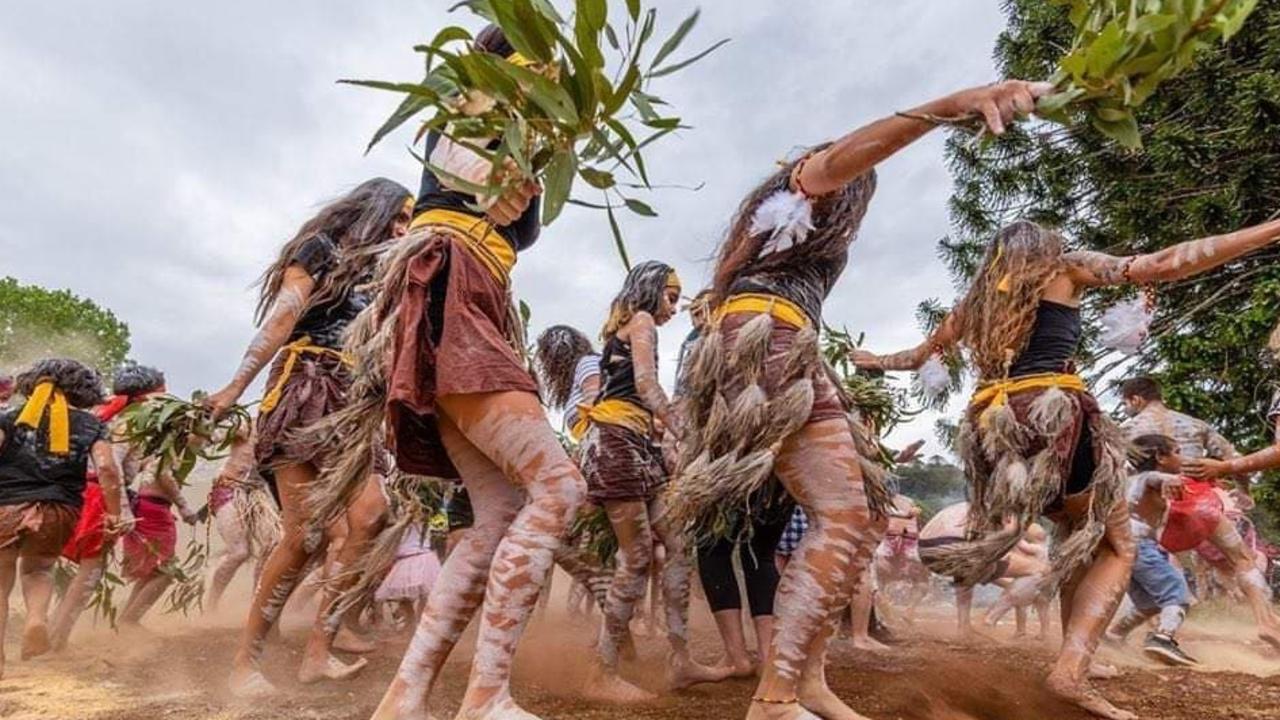
At 16, Thira-Mayinj created the Mura Biri Gururu Aboriginal Dancers group and now works as a cultural educator and trainer for Goondir Health Services within the Dalby and Oakey communities.
“One of my favourite memories was spending a week in the bush with a group of old men teaching me about country, how to cook on the fire, old stories, and language songs and how to source and make/carve Aboriginal tools, weapons and instruments,” he said.
“(Now), each week I open a workshop… for any member of the community to come and learn about our rich beautiful culture, learn how to paint, draw, play the didgeridoo, and learn how to make a didgeridoo and all other instruments and weapons.
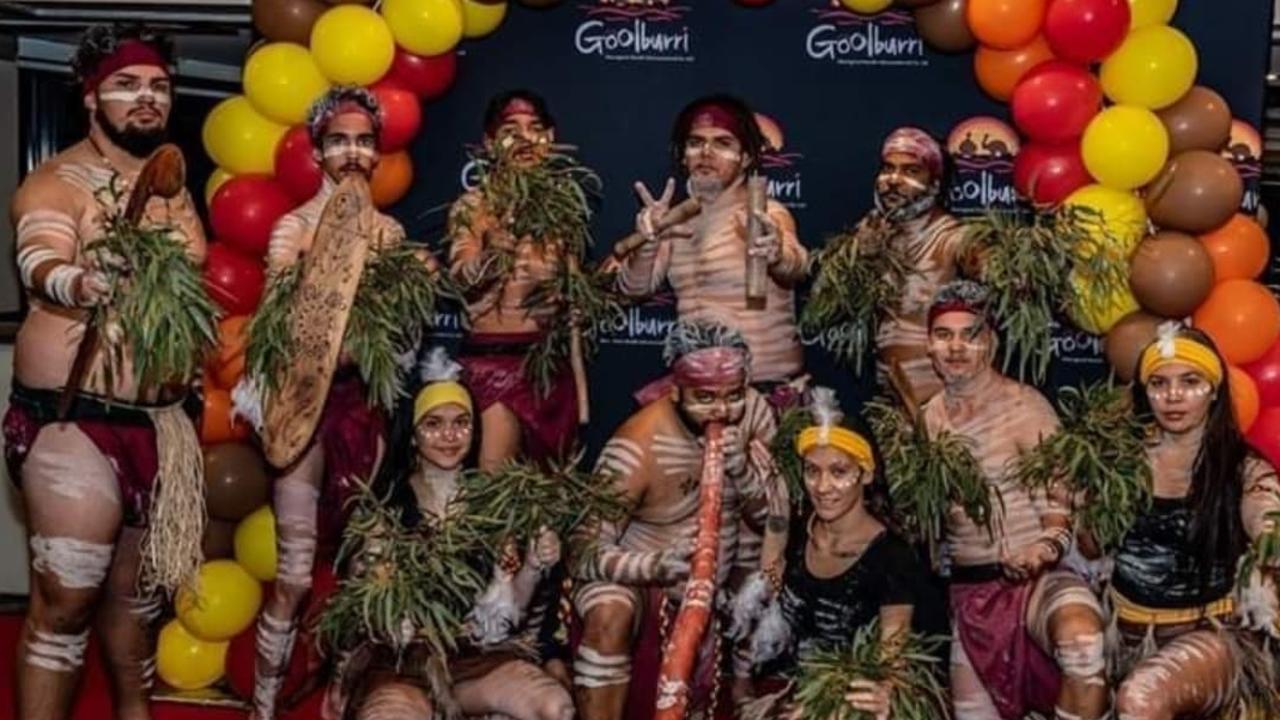
“I am a man who shares our culture strongly, and I love telling the truth about our history and our stories.
“Reconciliation week means we get the chance to be able to educate those who aren’t familiar about Aboriginal culture and the lifestyles of our people.”
Thira-Mayinj said it was important to him and his family to carry on the Aboriginal culture, and he hoped the community could come together again.
“There is too much division in our community, everyone needs to work together and start involving their children in community activities,” he said.
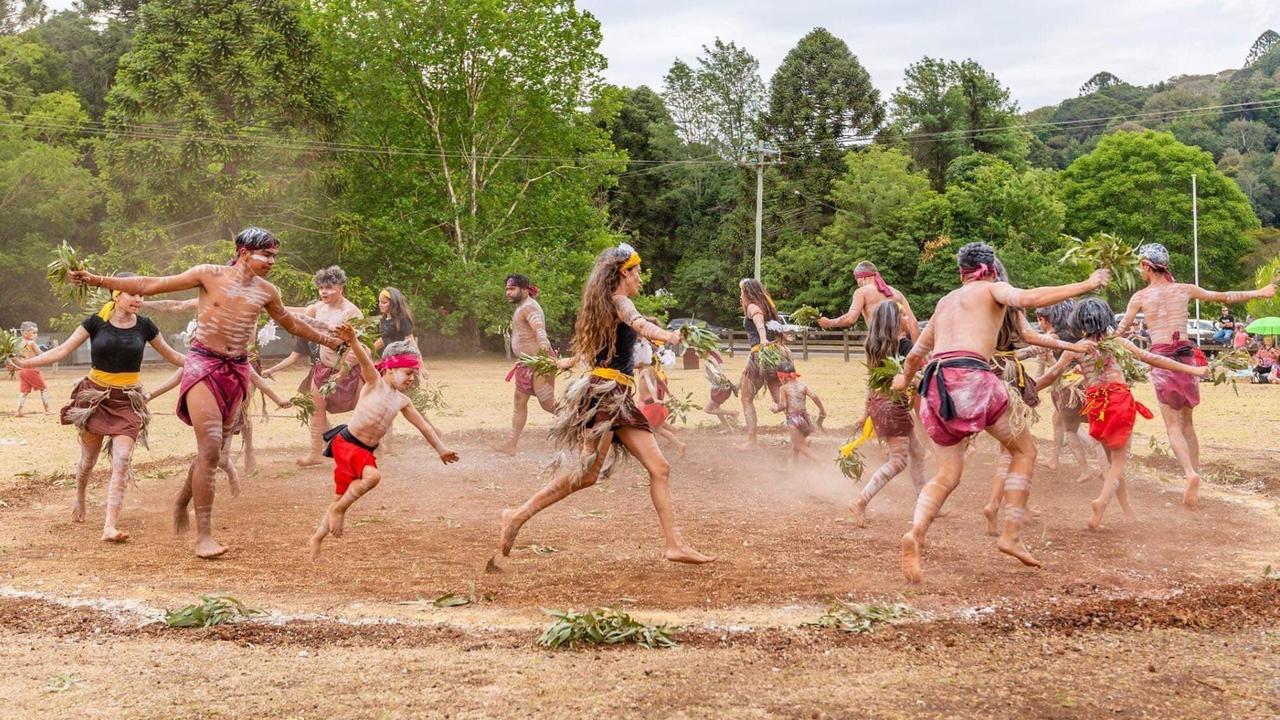
“Culture is what changed my whole behaviour and attitude towards everything in life.
“Maybe if people would expose their children to culture and share knowledge or connect them with someone who knows culture, the community will change, the crime rate will change.
“Reconciliation is about both parties, Aboriginal Australia and non-Aboriginal Australia. It needs to come from all angles and everyone needs to chip in to actually make this week happen and to close the gap.”
Thira-Mayinj said it was clear the nation had come a long way.
“Even though there is still a long way to do, I believe that we are slowly getting there when it comes to the recognition and inclusion of our people,” he said.
“I would like to see everyone get involved.”
Proud woman pushes for confidence boost
Proud Githabul woman from the Bundjalung nation, Keesha Charles hopes to encourage others to be proud and confident in themselves this National Reconciliation Week.
Growing up in Oakey, Ms Charles said she is unaware of a lot of her family’s history, however she knows she comes from a beautiful country.
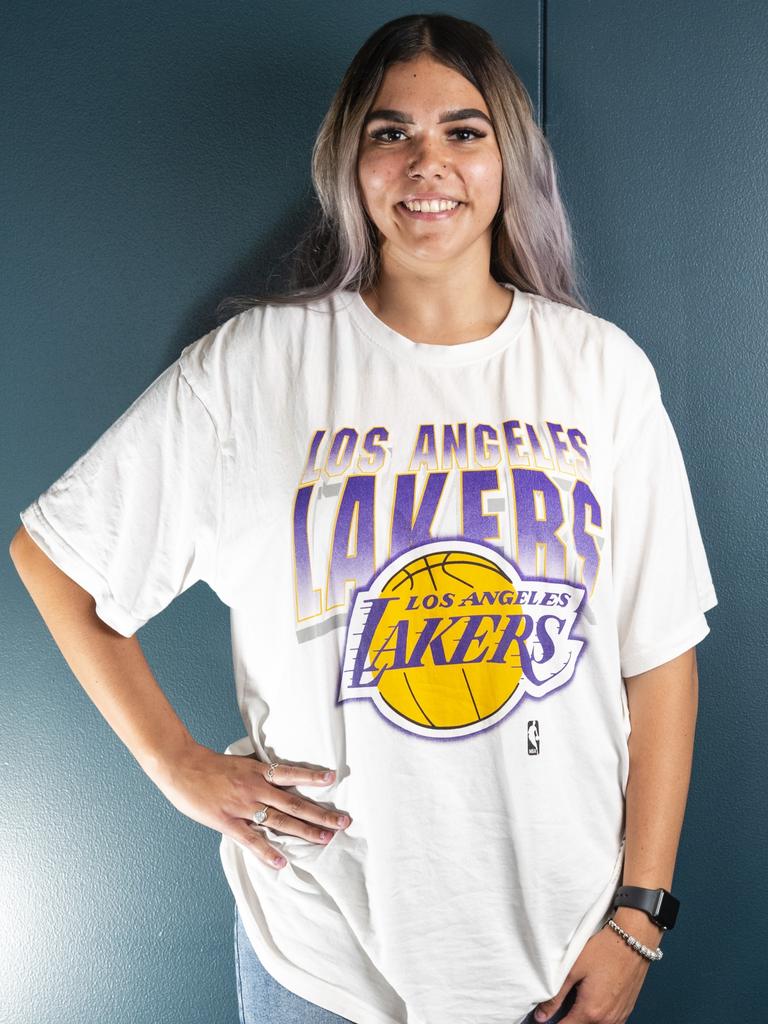
“National Reconciliation Week makes me feel proud to be an aboriginal woman,” she said.
“It is important to me, for other non-Indigenous and Indigenous to learn some knowledge of what we have achieved, our history and our culture.
“We need to talk about our history and achievements … knowing I have achieved a few good things through being Indigenous, I hope I can share that with my peoples to help them be confident and achieve what they want to.”
Ms Charles was crowned the 2022 Oakey Aboriginal and Torres Strait Islander Citizen of the Year, and said the repercussions of the Stolen Generation were evident in the region.
When is the perfect time to take our very own Reconciliation Quiz?
— Reconciliation Australia (@RecAustralia) June 1, 2022
During National Reconciliation Week, of course!
Put your knowledge of reconciliation in Australia to the test: https://t.co/jcITXcHat8#NRW2022#BeBraveMakeChangepic.twitter.com/ssRsPZd3DA
She hoped this Reconciliation Week and new federal government would spur on further change.
“I have had experiences where people who share the same culture as myself do not know a lot about their culture and where they are from,” she said.
“It stops them from being confident and connecting with the country.
“I am hopeful that as first nations we will get some leverage, and new and continued changes within Australia as we still get looked down upon and its sad to know that.
“(I hope) we will start seeing more of our culture on the streets, TV, and see more activities going for us.”
Ms Charles said she continues to learn from family members and community elders.
Break past fear for good
This National Reconciliation Week, a community elder has encouraged residents to break past fear and create relationships.
Uncle Wayne Fossey is vice president of the Bunya Peoples Aboriginal Corporation and believes connection is key to creating reconciliation.
“Reconciliation Week to me is about unfinished business,” he said.
“At the end of the day, every day is reconciliation day and every day is sorry day.
“When you start to understand people a lot better, that leads to conversation.”
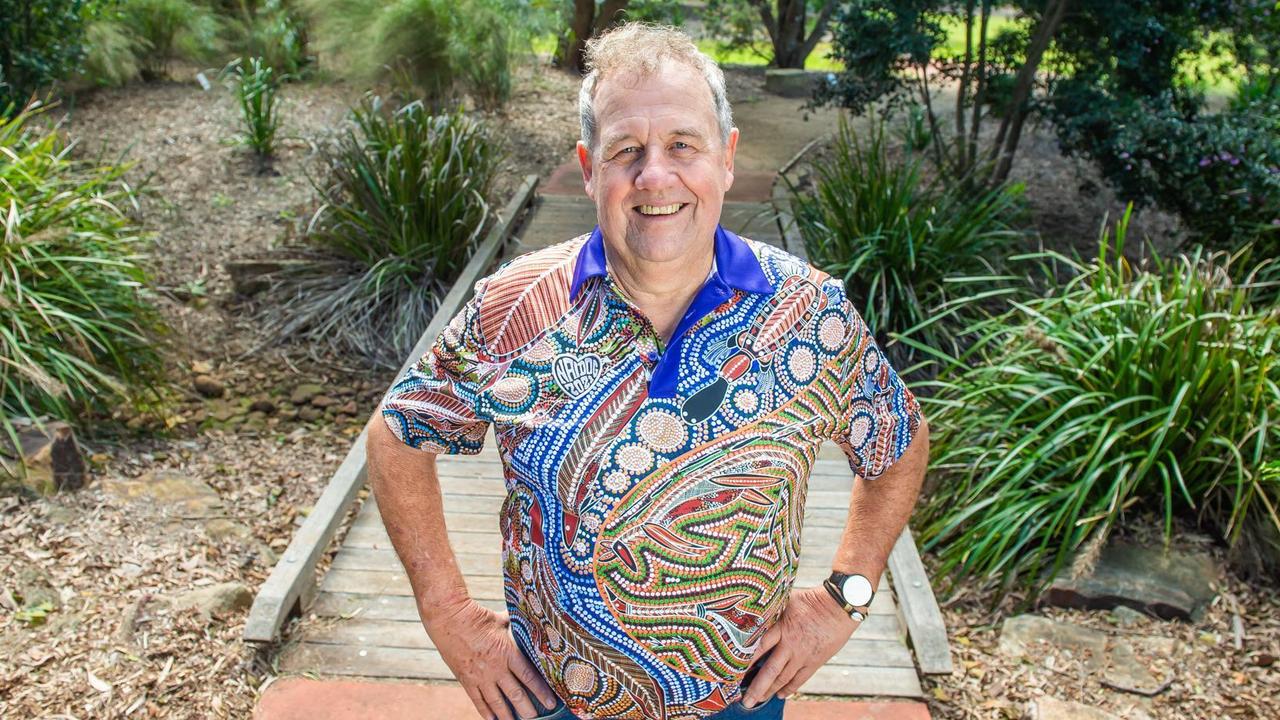
When newly-elected Prime Minister Anthony Albanese ensured the Aboriginal and Torres Strait Islander flags were on display for press conferences, Uncle Wayne said it was a demonstration of the 2022 National Reconciliation Week statement, Be Brave, Make Change.
“A flag is a significant symbol and very important,” he said, “I think the Prime Minister has been brave.
“If change happens at a federal level, it flows through to the state, the local and down to people on the ground.
“What we need, and what we’re seeing, hopefully with the new Federal Government, is action. The actions will be slow, because the country needs to learn slowly.”
“The two green bands are the two mainlands of Australia & Papua New Guinea. The blue is the waters of the Torres Strait and the symbol that identifies every Torres Strait Islanders anywhere, the Dhori (Headdress).â€
— Reconciliation Australia (@RecAustralia) May 29, 2022
30 years of the Torres Strait Flag https://t.co/54tMCW7YNWpic.twitter.com/7QuGUUjrKt
Uncle Wayne said people needed to connect from both sides in order to reconcile and allow change.
“There is a reluctance and a fear I think in many cases to gain that connection,” he said.
“I hate to say the word fear, but it is. It’s ‘I don't trust those people’ or ‘my dad said this’.
“The connection has to be strong, and you have to make a connection which includes communities.”








